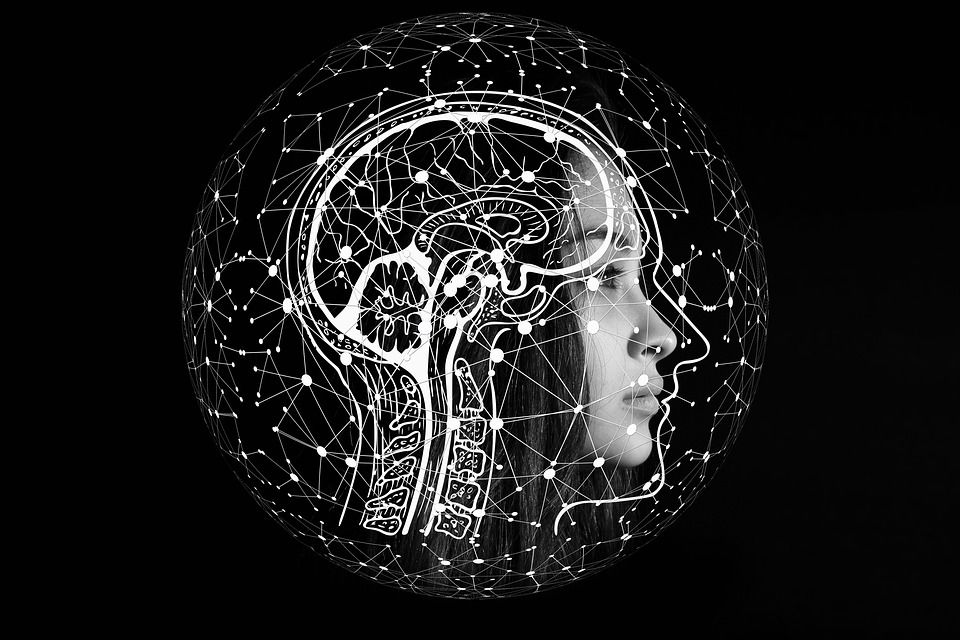Brain and Body

For decades we have been trying to build computers which could perform the same functions as our own brains. What we started with were machines that could perform one single function, namely numerical calculation, up to and beyond our own ability. The calculator was basically an electronic abacus, and given enough time, a human could calculate anything the computer could.
In a frighteningly brief period of development, that simple fact soon changed. Computers were capable of performing calculations which any human armed with pencil and paper, no matter how gifted or experienced, would not stand a chance of doing on their own. In no time at all, additional technologies, such as cameras and audio recording devices, were integrated into the computers, giving them eyes and ears to see and hear whatever we wanted them to. Voice recognition software allowed us to forgo keyboards and literally dictate to our machines. Motion capture and image recognition would tell a computer who you were and what you were doing.
What was science-fiction only a few years before was becoming science fact, and people were rightfully nervous about the implications that came with that idea.
However, the more and more I find out about the machines we try to make in our own image, the more I understand how we perceive our own brains, how they function, and what it is we want them to do.
The nature of cognition
Cognition, in the clinical sense, it literally everything that goes on in our minds. Calculation, imagination, attention, inhibition, emotion and memory are all words we associate with cognition. The field of cognitive science touches on everything from sociology to neuroscience, economics to engineering.
But let's focus on cognition in its purest sense. What does better cognition look like?
- Thinking faster?
- Concentrating for longer?
- Remembering more and with better clarity?
- Controlling our instinctive responses?
- Recognizing patterns?
And how would we even begin to improve these things? Cognitive science is finally addressing a theory which has been interpreted a hundred different ways and labelled differently just as much: that every part of our health can be drastically affected by level of cognitive performance.



Healthy body, healthy mind
"Exercise improves cognition" is a statement scientists are now able to say with 99.9% certainty (which is the highest level of certainty you will ever get a scientist to admit to on the record). The wealth of scientific proof for this undeniable, BUT, the nature of the relationship is still in dispute. Several questions about the exercise-cognition relationship remain:
- Which types of cognition are affected the most?
- Which types of exercise improve which types of cognition?
- Out of how often you exercise, how intensely you exercise, what type of exercise or what time you exercise (aka the FITT principles); which is the factor which improves cognition more?
- Do all the FITT principles have a part to play in improving cognitive performance?
And there's as many questions about how this works. Some believe exercise produces hormones and neurotransmitters which make the brain work more efficiently. Others believe the improved circulation, respiration and protein synthesis of a healthier body are the key factors making it easier for our brains to work.
